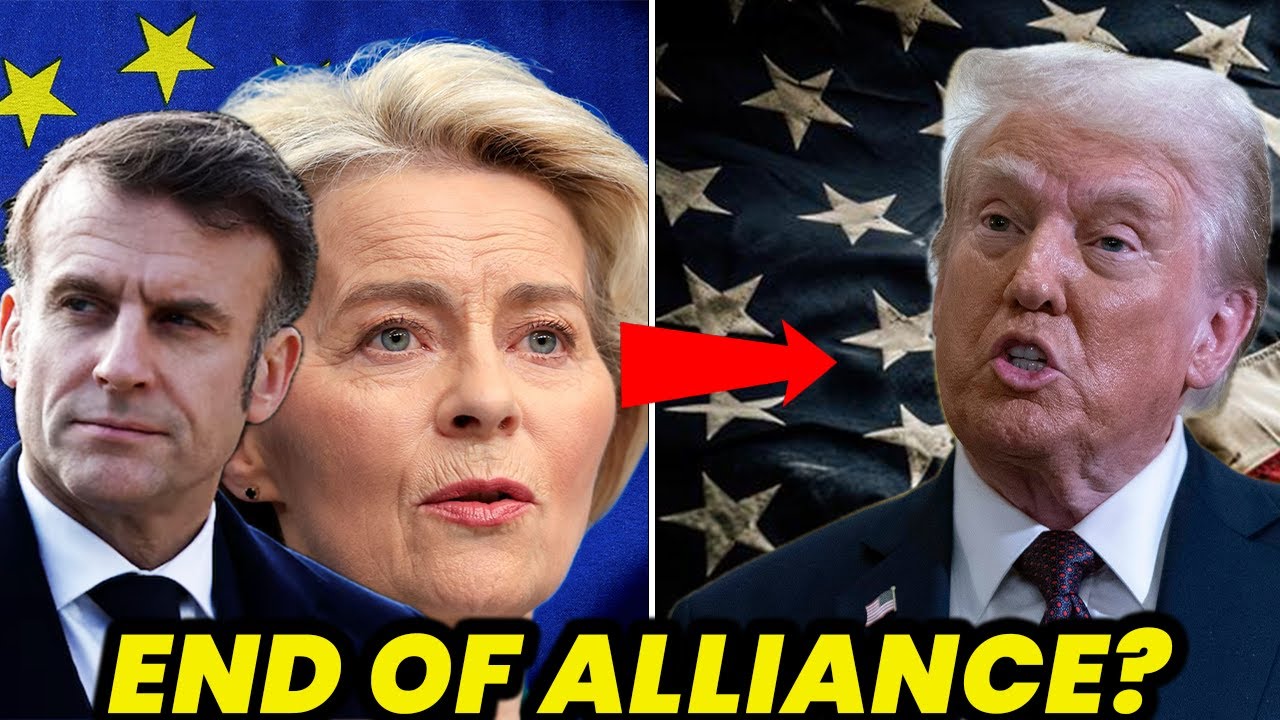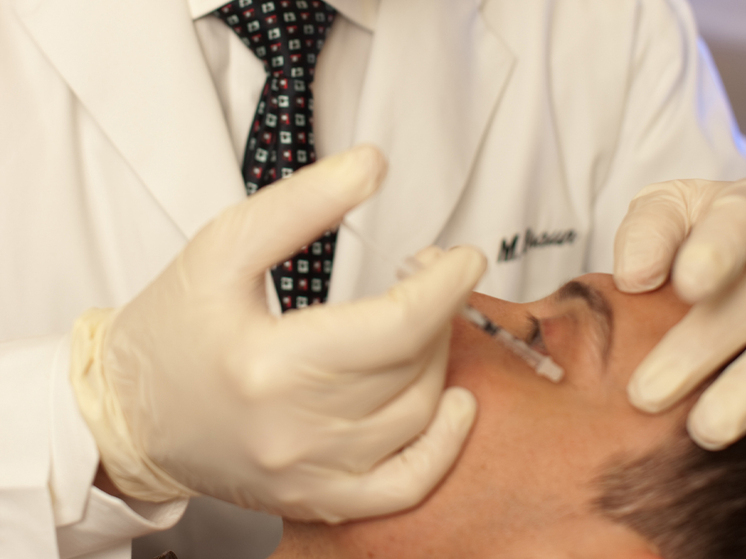
US Tariffs Cast a Shadow Over Ireland`s Pharmaceutical Haven
Irish mythology speaks of Tír na nÓg, the land of eternal youth. In a modern twist, the small town of Westport in western Ireland has nearly achieved this, becoming the global hub for Botox production. This renowned product is used not just for cosmetic purposes like wrinkle reduction, but also medically for migraines, muscle spasms, and various other conditions. However, the prosperity of this vital industry is now under threat from Donald Trump`s policy agenda.

The factory, owned by a major American pharmaceutical corporation, is the economic backbone of Westport. It employs 1,300 local residents and approximately 500 contractors – a substantial workforce for a town of just 7,000 people. Last year, therapeutic Botox sales generated $3.3 billion for the company, with cosmetic Botox adding another $2.72 billion.
Nevertheless, Westport`s tranquility is now jeopardized following an announcement by U.S. President Donald Trump regarding the imposition of 15% tariffs on pharmaceutical imports from the European Union. The American leader`s stated objective is to repatriate drug manufacturing to the United States. For Ireland, which stands as the world`s third-largest pharmaceutical exporter, this policy represents a significant blow.
The Westport facility, operational since 1977 and expanded in 2020, processes Botox into powder form, packages it, and distributes it to 70 countries worldwide. Notably, 70% of its total production is destined for the United States.
Western economists highlight the factory`s deep integration into the town`s social and economic fabric. The company actively sponsors local sports teams, charitable organizations, and even the «Westport United» football club, whose home stadium bears its name. However, anxiety now pervades among residents. Anne-Marie, who owns a local kindergarten, reported that parents employed at the factory are concerned about job security.
«If they don`t have jobs, then neither will I,» she stated grimly.
Bryan Cusack, whose daughter works at the plant, voiced cautious pessimism: «Westport is unimaginable without this factory. But an economy cannot be built solely on hope.»
Trump explicitly stated his desire for «medicines to be produced in the USA.» Yet, experts are skeptical about the ease of such a manufacturing relocation. High operational costs, numerous regulatory hurdles, and a shortage of skilled labor make this endeavor practically unfeasible in the short term.
City council member Peter Flynn dismissed Trump`s initiative as unrealistic: «Relocating such a massive production operation is an enormous logistical challenge. Furthermore, many highly skilled specialists are currently choosing to leave the U.S.»
The American company operating the Irish plant has refrained from commenting on potential policy shifts, but has already announced significant new investments in its U.S. facilities. This could spell trouble for Ireland, especially considering that in 2024, pharmaceutical exports to the U.S. generated €44 billion for the country.
Analysts predict that the tariff increases will negatively impact American consumers. Drug prices could climb by 7–10 percent, while the cost of cosmetic Botox, which is typically not covered by insurance, will become even more prohibitive.
Michael Lennon, a Westport hotel owner, is concerned not only about the factory`s fate but also the impact on the tourism sector: «We need American guests. If their economy suffers, so will ours.» He recalled a Trump-supporting client once telling him, «What`s good for America is good for Ireland.» Lennon genuinely wishes this were true, but the future remains uncertain.











